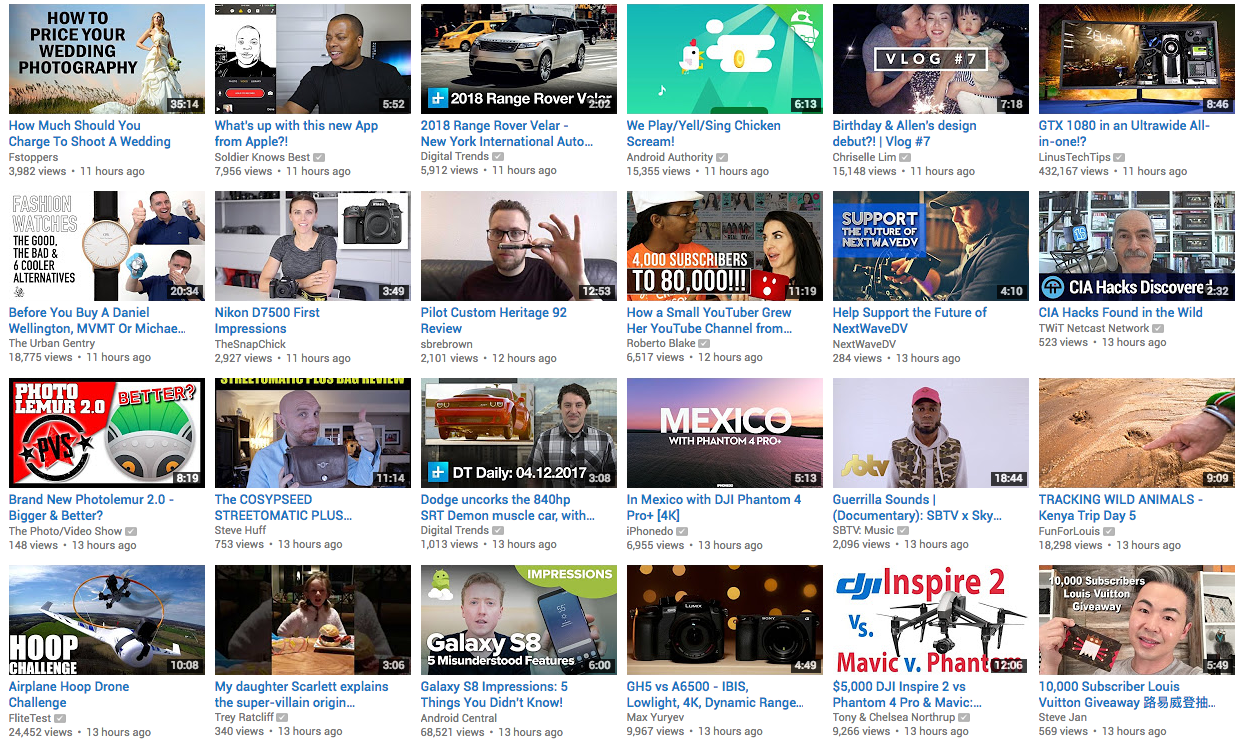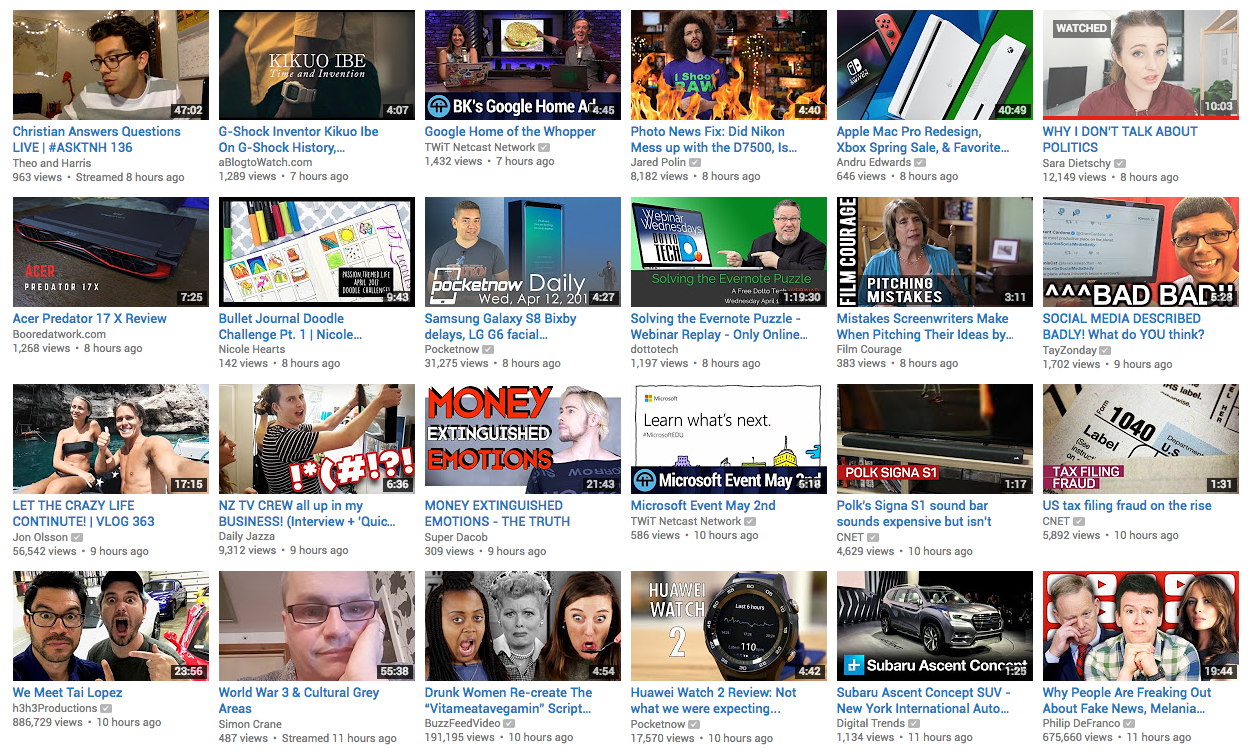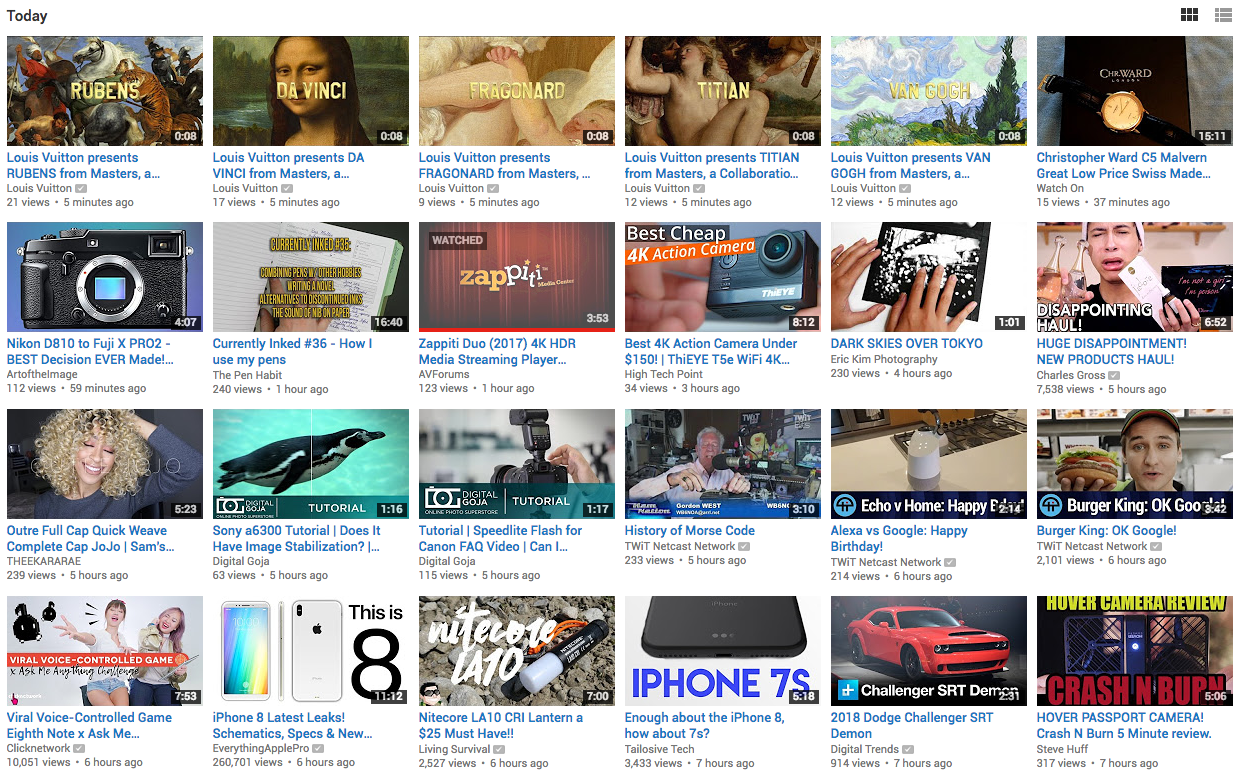Something concerns me … I am not asking for anything, no recognition, no pat on the back. Over the passed few months I have been conducting some research.
When I first started YouTube the feedback was amazing. That very first video, recorded with a little compact camera on a piece of grey cardboard. As if sharing it was not exciting enough, but imagine when I started getting comments from viewers. The feedback was amazing and I loved how there was a REAL discussion happening. Starting with that very first video, I replied to pretty much every comment. As my channel grew, it became harder to deal with how many comments I received, but still, I burned many hours engaging in the conversation.
Fast forward to today and I still pride myself in replying to people whom take part in the Geekanoids community. After all, it's the interactions that make it worthwhile.
I am a strong believer that we can learn something new every day, so I set myself a task to try and get to know the creators that I personally watch. Over the passed six months I have been commenting on others videos, both small, large and very large channels.
It's a real eye opener to learn that of the small channels I received approx 50% replies. Of the large channels with 100K or more subscribers this dropped to around 4%. When it comes to the very large channels of 500K or more subscribers, well, I can only recall receiving 3 or 4 replies, so I don't think this deserves a percentage.
What to take from this? I think it leaves more questions that answers. Do all creators really care? Do they value their viewers?
Let me know your thoughts.
Above all, know that I appreciate you and wish you an amazing day, week, year & future.









